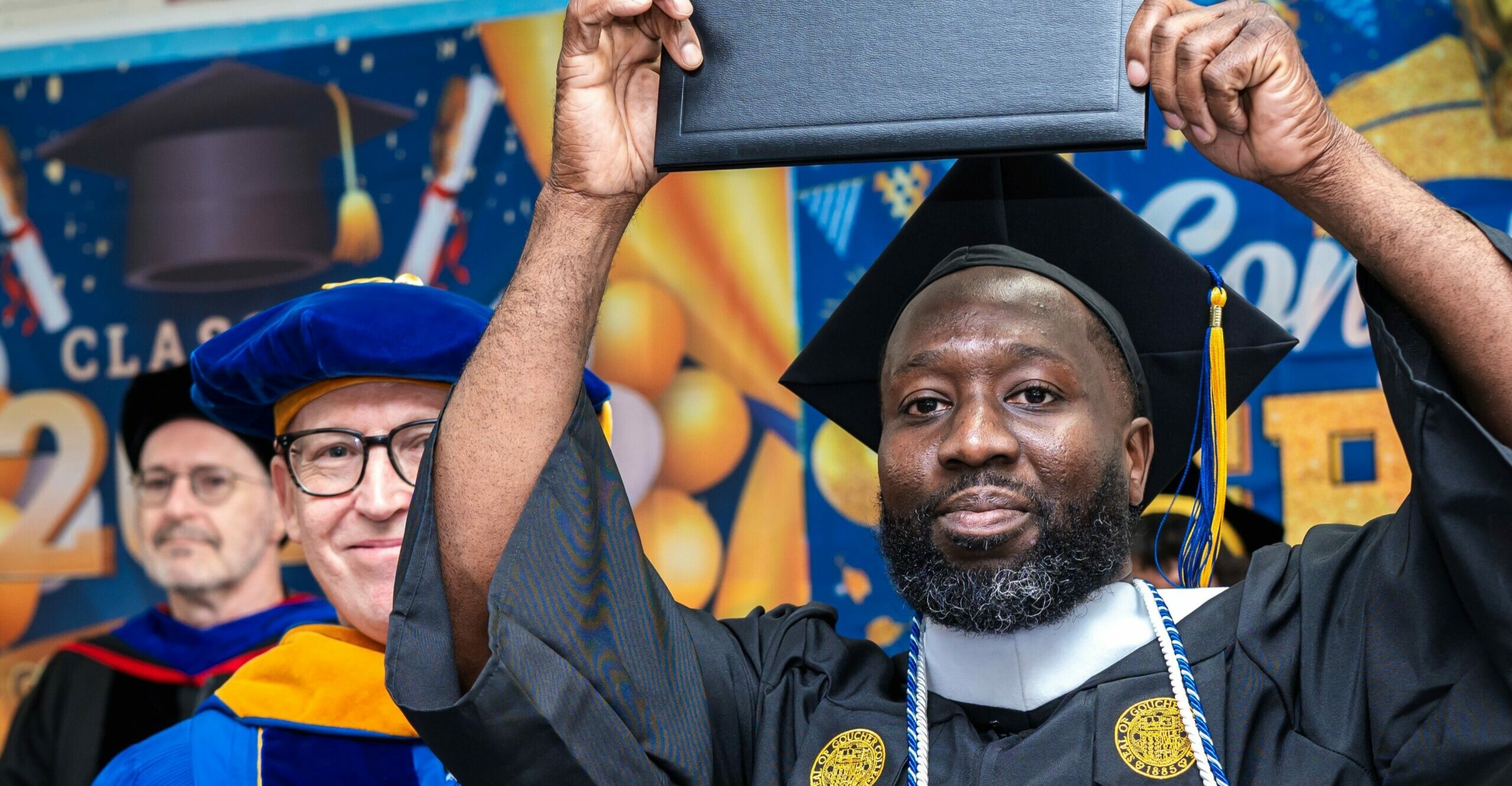Featured Reports


2024 Annual Report
A reflection on the promising new approaches and new resources that have been brought to bear in the last decade.
We believe that a community of creative problem-solvers, faced with complicated, seemingly intractable challenges, is well-served by thought-provoking, research-based information and analysis. We support the development and dissemination of research in two ways:
Abell Reports are commissioned reports by subject matter experts, academics, and investigative journalists that provide studies of selected issues on the public agenda.
These projects – undertaken with grant funding by academics and nonprofit research and advocacy organizations – advance learning on issues key to Baltimore City.
Sign up to get notified as new publications become available.


A reflection on the promising new approaches and new resources that have been brought to bear in the last decade.


Recent changes to state funding have reignited conversations among Maryland corrections leaders about expanding and strengthening electronic monitoring (EM) and pretrial services. This report summarizes key findings from the Justice Policy Institute’s research into EM as well as best practices.


Racial bias in home appraising can harm individuals by making home purchases more expensive or refinancing unattainable, but when compounded on the community level, it can have profound impacts on minority communities’ ability to build wealth. Using newly available federal data, this report finds evidence of systemic appraisal bias that undervalues homes in predominantly Black communities in Baltimore City and the surrounding counties.
New study warns: foundering Baltimore City could pull Baltimore region down with it; presents new recommendations for survival and growth of suburbs, city.
it manages children to manage their asthma — and lead normal lives again.
At stake are income and jobs; what’s needed to make it all happen are land, financing, and creative marketing.
Recommendations for how to decrease the amount of time children stay in foster care and increase both the number of children who are adopted and the speed in which they are adopted.
The four-year results are promising.
Header photo courtesy of Venture for America.